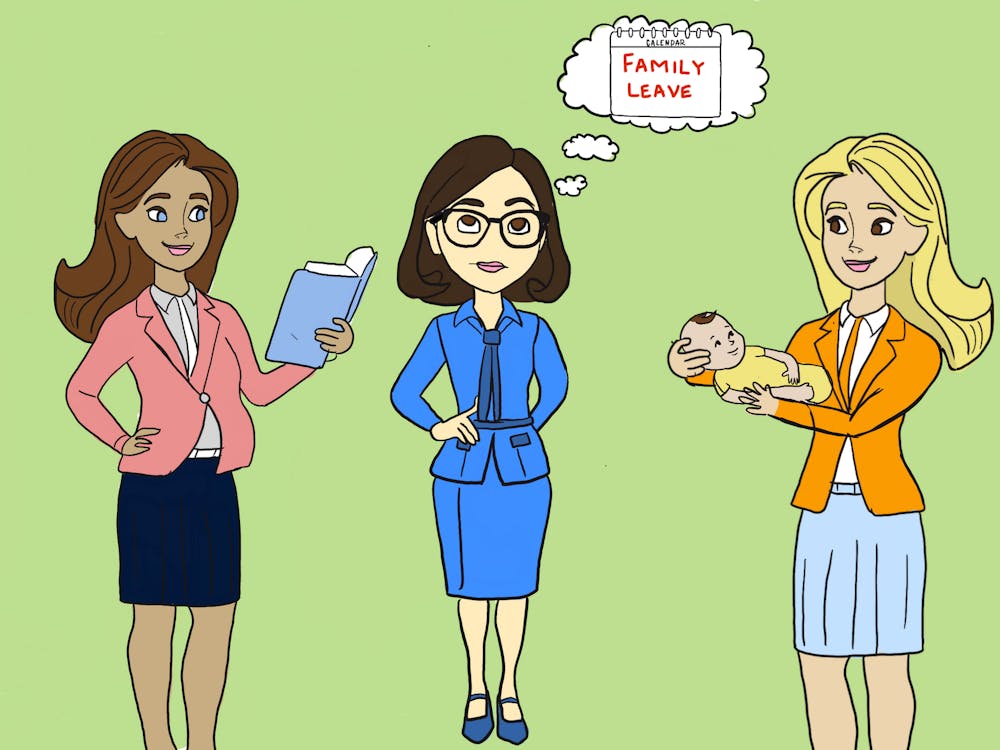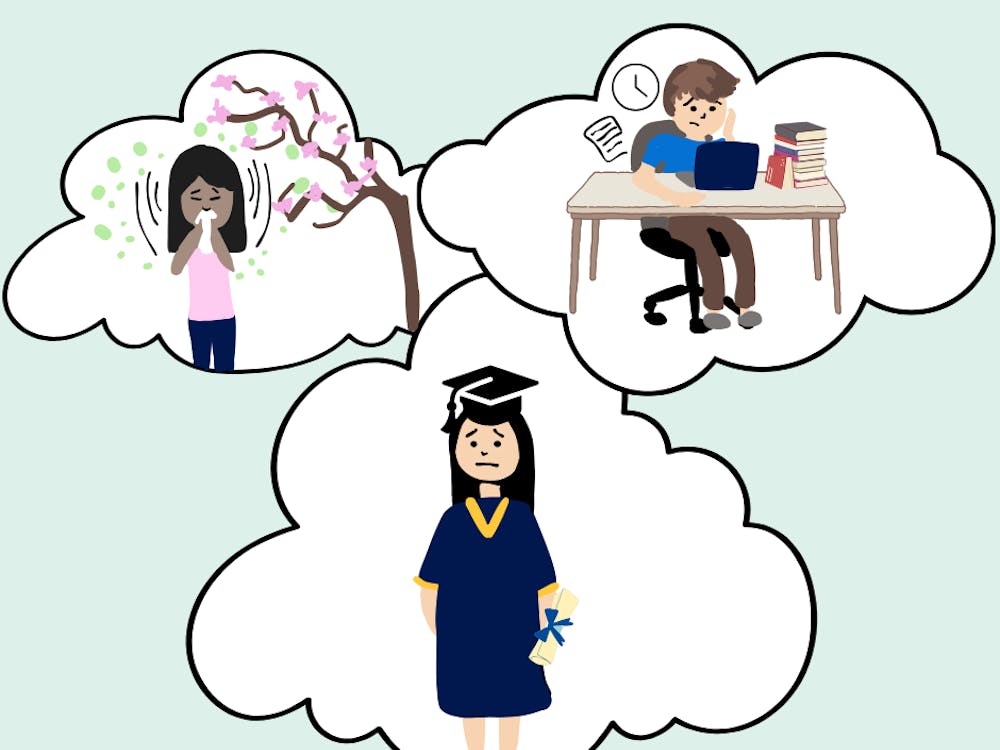Following her own experience with sexual assault as a first-year, fourth-year College student Emily Renda worked with numerous organizations around Grounds to promote sexual assault prevention — leading her all the way to the White House this spring to advise a task force on sexual assault. Renda will head to graduate school this fall, pursuing both a law degree and a master’s degree in public health.
Image courtesy of Emily Renda
During her time at the University, fourth-year College student Emily Renda has contributed an immeasurable amount of time and effort to sexual assault prevention, acting on the executive board for One Less, as the Inter-Sorority Council Women’s Concerns chair, the chair of the Sexual Assault Leadership Council, president of One Less predecessor SAFE and an intern for both the Women’s Center and University President Teresa Sullivan’s office.
This was never the course Renda intended to take. But after being sexually assaulted as a first-year, she found her plans for her college career and what would come after dramatically altered.
Originally planning to be an Environmental Thought and Practice and Religious Studies double major, Renda ultimately settled on studying sociology and recently completed her thesis on sexual misconduct.
“I basically figured: I don’t really know where I stand in college right now, so I might as well just throw myself into making sure or trying to make sure that this doesn’t happen to ‘Future Mes’,” Renda said. “That was my way of fixing it and getting on board with it.”
After graduation, she plans to continue pursuing this aim by enrolling in a dual degree program which allows her to receive a law degree from the University of Maryland and a master’s degree in public health from Johns Hopkins in four years.
“What I would really like to do is focus in on Title IX and civil rights litigation, because ultimately sexual violence against any type of person of any sexuality or any gender is a civil rights violation,” Renda said. “[Sexual assaulters] are preventing someone from engaging in their full and free exercise of an education.”
While the University has many formal resources and support, Renda believes the focus must now shift toward teaching students how to respond when survivors confide in them. Renda has found through research — and knowledge first-hand — that someone who has been sexually assaulted almost always goes first to a peer, who is often unequipped to respond.
“It is a hard thing to just know how to do intuitively,” Renda said. “I think we all make a lot of mistakes because we don’t know what to say.”
Renda said she believes there are three main points which are extremely important to hit upon if a friend is sexually assaulted: “it’s not your fault,” “I believe in you” and “you have a right to feel however you feel.”
“They are very, very simple, but they make all the difference in the world for somebody to tell [a sexual assault survivor], ‘You’re not crazy’ or ‘You’re not overreacting’ or ‘It isn’t your fault, you feel how you feel because you feel it, and that is all that actually matters,’” Renda said.
Renda also proffered advice unrelated to issues of sexual assault. Last summer, someone told her to always “stay for one more drink after you want to leave” — advice she said is the best she has ever gotten.
“When you get the urge to go home and you say, ‘Ah, I am kind of tired. I am going to call it a night’ or you’re hanging out with your friends and you say, ‘Ehh I’m done for the night,’ stay for one more drink,” Renda said. “You will always find that new depth of friendship, that new relationship, that new anything.”
Ultimately, Renda said an undergraduate career of critiquing the University only helped her gain a better appreciation of the school as a whole.
“I think I almost have loved this place more because I have appreciated some of its flaws,” Renda said. “I think that’s the way that you really love something — to see its kind of dark and ugly underside and yet to keep on fighting for it and fighting with it because you have to love something to want to make it better.”







